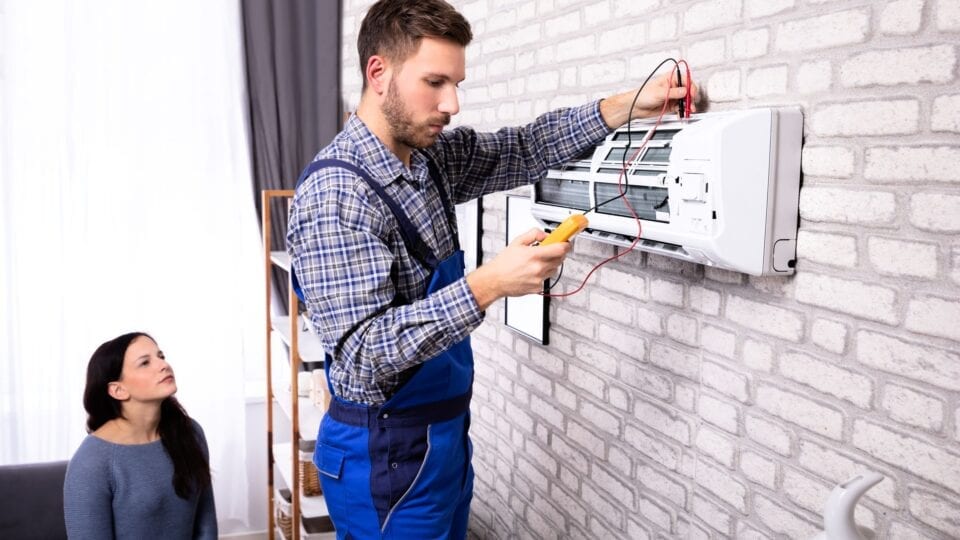
How Does Home Heating Affect Home Insurance?
As the colder weather sets in across Nova Scotia, people are turning up the heat, stoking the fire, and plugging in space heaters. With higher oil and energy prices, most homeowners are considering the cost of heating their homes. So, we wanted to add our insights and tips regarding home heating and home insurance.
Can Your Heating System Prevent Access to Home Insurance Coverage?
While the type of your heating system will impact the cost of home insurance, oil tanks are a potential concern from a risk perspective. Oil-based heating systems come with a chance of an oil leak, which is very costly to clean up – especially if the oil gets into the water/ground.
Insurance eligibility for oil tanks depends on the type of tank, its age, and its location on your property. Getting insurance for homes with oil-based heating systems can be complicated, so it’s best to speak with an insurance advisor or broker to ensure you get the proper coverage.
Which Type of Home Heating is the Cheapest for Home Insurance?
It depends on the type of heat and where you live. Oil and wood heating systems often have higher premiums because they tend to have more risks, which can increase the likelihood and cost of a claim. Oil-based heating can lead to environmental hazards, so insurance providers charge more for homes with an oil tank. A wood-burning stove can also result in extra costs for home insurance. Using electric heat or a gas furnace is generally deemed less risky and could lower your home insurance premium.
Heat pumps are an efficient form of electric heat that uses less energy and are also deemed by insurance providers to be less risky than oil and wood heating. Here is a comprehensive resource from The Government of Canada about Heating and Cooling With a Heat Pump.
Does Home Insurance Cover Furnace Replacement?
Home insurance covers furnace replacement or repairs for built-in systems and appliances, including furnaces, boilers, and other equipment that heats or cools your house. Suppose your furnace or another part of your heating, ventilation and air conditioning (HVAC) system is damaged by a covered peril. In that case, home insurance can help cover the cost of replacement or repairs.
However, a standard insurance policy does not cover damage caused by wear and tear or mechanical breakdown. Home insurance won’t reimburse you for a furnace replacement or repairs if your furnace overheats and breaks down due to routine mechanical issues or neglect.
Home heating tips for this winter.
- Test your heating system to make sure it’s working. If you don’t feel warm air coming in through the vents, contact a professional heating and cooling technician as soon as possible.
- Replace your furnace filters regularly. Follow the instructions outlined on the filters you purchase and change accordingly.
- Keep curtains, blankets, furniture, and plants away from heater vents, especially baseboard heaters, to prevent fire and allow for proper airflow.
- Keep all areas of your home, including exposed pipes, heated in the cold weather. If any unheated part of your home is damaged from freezing, it might not be covered by your home insurance.
- Consider getting a programmable thermostat and setting it to lower the room temperature while you are regularly away at work or school.
Regular maintenance on your furnace keeps you safe and your home warm all winter. Properly insuring your home is critical to protecting yourself and your finances in an unexpected incident. Visit our web page to learn more about home insurance, or contact us to speak with one of our Bauld Insurance advisors.
Additional Resources:
Tips to Consider When Switching Home Insurance.